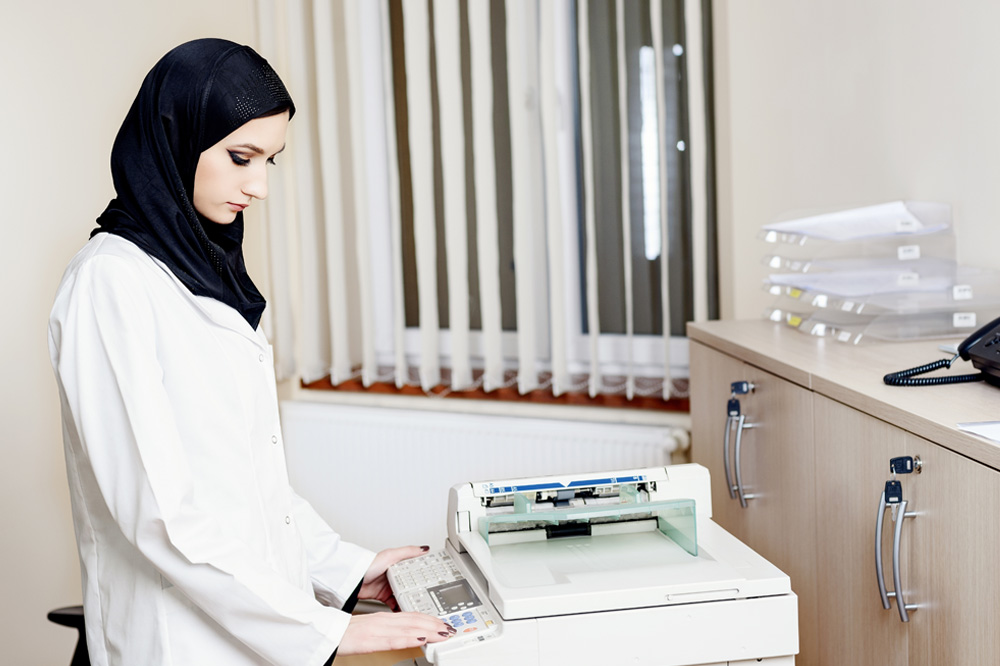
Female pioneers in any field will face a challenge in order to find acceptance. Even Florence Nightingale, who is considered the founder of modern nursing, faced a great deal of resistance from her male counterparts. However, female Saudi nurses have in the past faced a double challenge; the gender challenge and a stigma against nursing as an acceptable profession for Saudi women.
During modern times in Saudi Arabia, the first known Saudi female Nurse was Lutfiyyah al-Khateeb who received her Nursing Diploma in 1941 from Egypt. Lutfiyyah campaigned to remove the stigma against nursing for Saudi women, but when Kheiriya received her Nursing Diploma in the early 80’s the stigma still existed. “We were only allowed to work in the maternity hospitals, where women and children were treated and men had to wait outside except during visiting hours. At that time, the majority of female nurses were brought in from the Philippines or India, and they were the ones who did the actual nursing. The Saudi nurses were only allowed to do the basic things. We were more like nursing assistants than nurses.” Kheiriya, who retired about ten years ago, says that the attitude towards Saudi nurses gradually improved, especially for those who continued nursing, but many young girls who studied nursing left the field because they felt that they were marginalized.
Thankfully, it seems that the stigma has finally lifted, thanks to those who persevered. Alaa, who graduated from nursing school four years ago, works in a military hospital in ICU. While her job is often stressful and carries a lot of responsibility, she feels that her knowledge and skills are respected by her colleagues. Shurooq, who obtained her certificate eight years ago, is a surgical nurse at a full service government hospital, where she assists in the operating room. “I don’t think that as a Saudi nurse, I am valued any more or less than a nurse on staff of any other nationality, male or female,” Shurooq says.

















